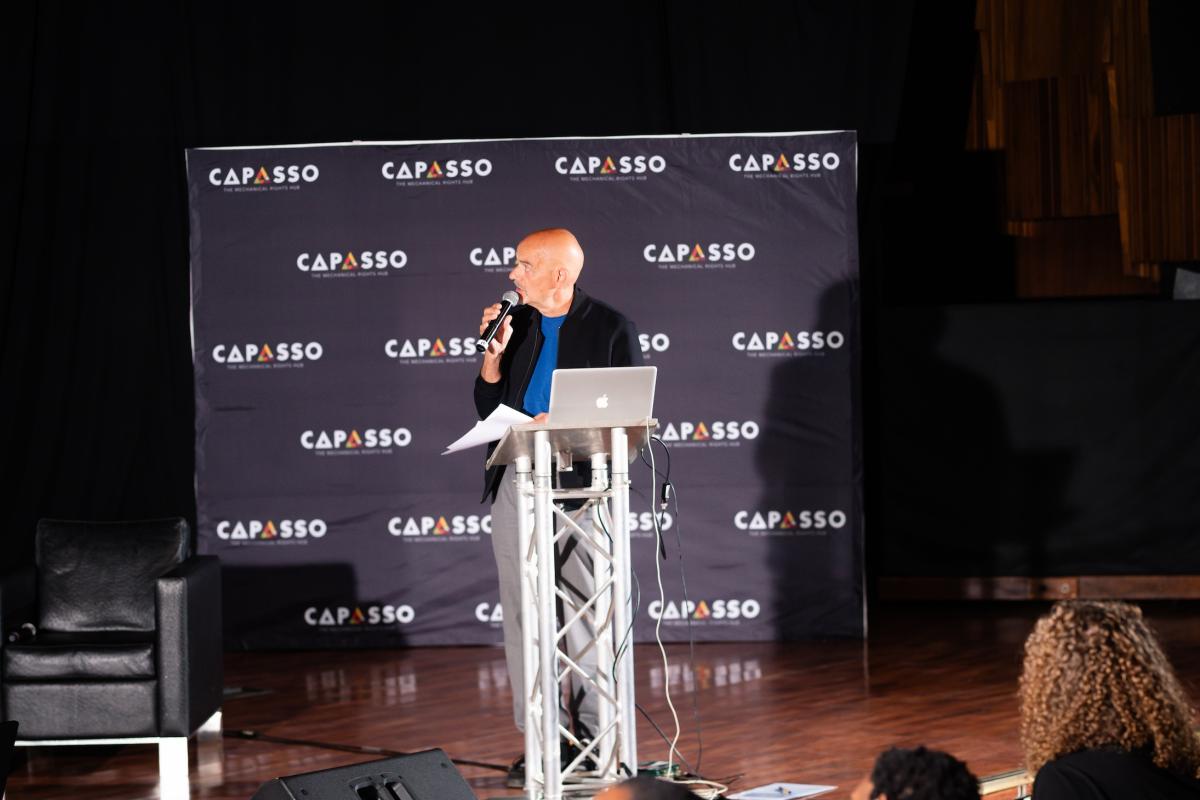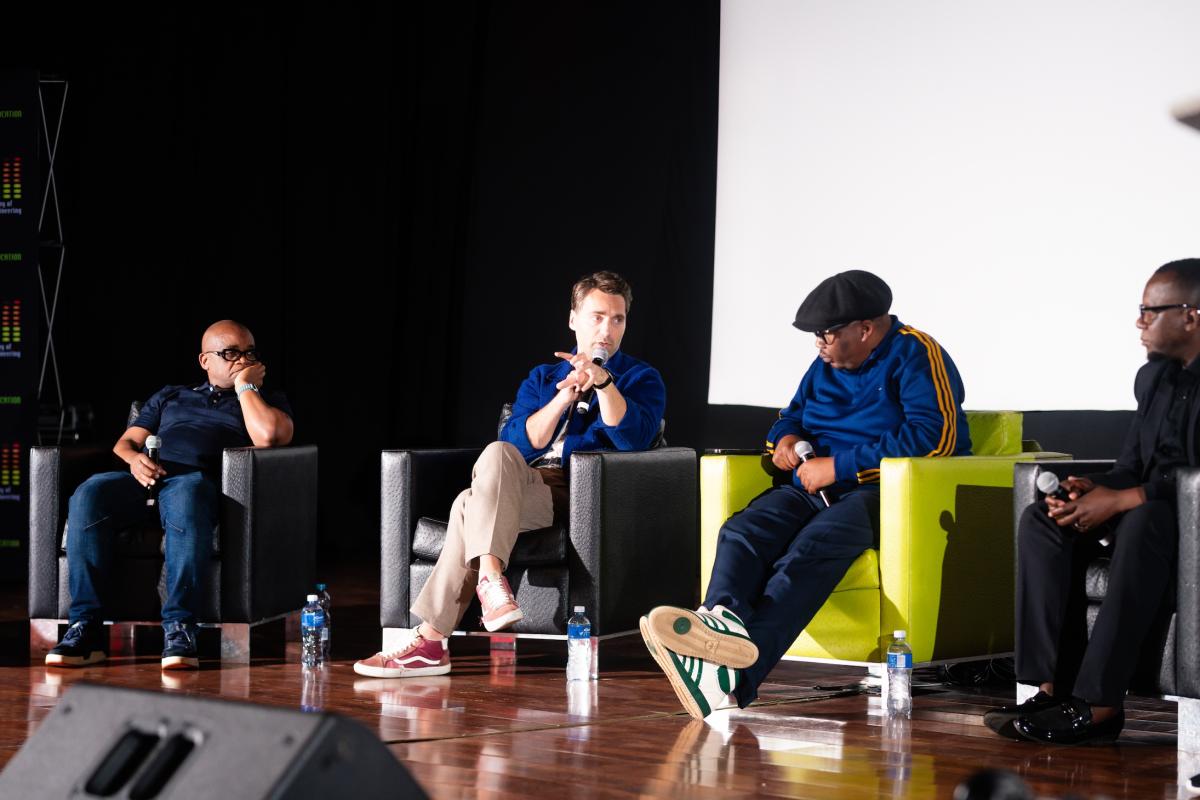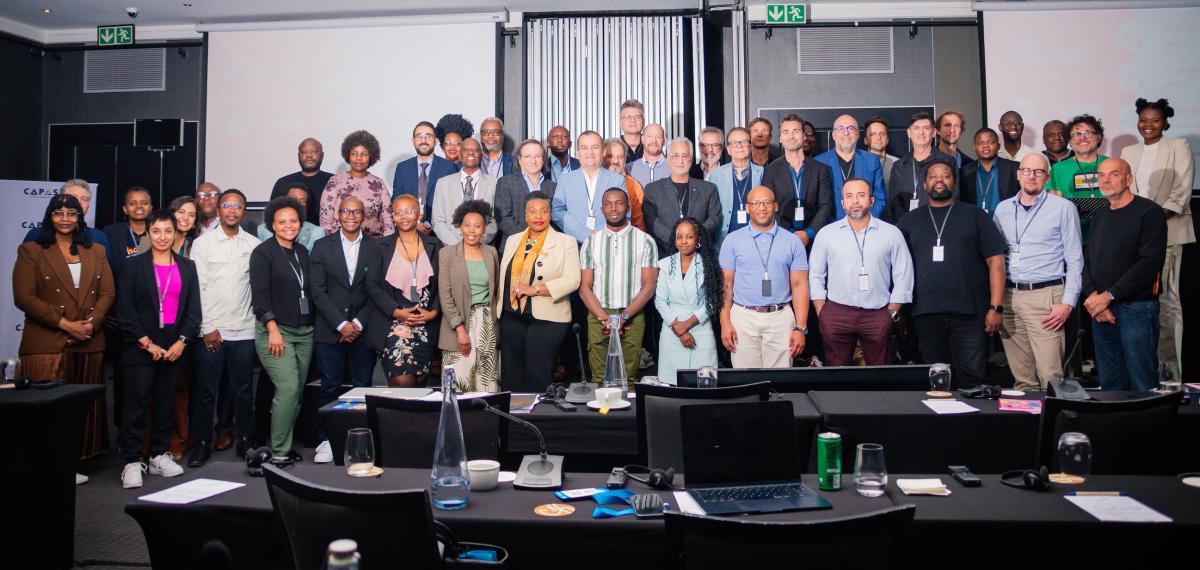
Building African and global unity through ‘Ubuntu’ at CIAM GA in South Africa
See the full photo gallery here.
“This gathering in Johannesburg must serve as a re-ignition point…the time for operating in silos is over.” With those words, the celebrated Princess of Africa, CAPASSO Board Vice Chair and CISAC Vice President Yvonne Chaka Chaka opened the 2025 CIAM General Assembly. Held for the first time in Africa since 2014 and hosted by CAPASSO on October 22nd and 23rd, the GA united music industry delegates, songwriters, producers, and creators for two days of panels and discussions to educate specifically about the continent and rally against the looming challenges faced across the globe
In his opening remarks, CIAM President Arriën Molema drew attention to the vibrancy of the continent’s music. “African music has hugely influenced the world that we listen to. It has been a big success story, and it shows in the statistics. Sub-Saharan Africa is the fastest growing music market. According to IFPI, 75% of digital collections take place here in South Africa. There is a lot of opportunity for creators and for musicians.”
CAPASSO Chair Leslie Sedibe echoed the influence of Africa in his opening. “Africa has always been at the heartbeat of civilization,” he said before pointing out the need for Africa itself to have its own strategies for challenges. This includes AI but also access in general, such as energy: “What is the point of talking about AI when people do not even have access to electricity?”
CAPASSO CEO Jotam Matariro called for unity through ‘ubuntu’, “Here in South Africa, we have so many genres. Those genres represent us as a people. We speak different languages and come from different cultures-cultures that are brought together by the doctrine of ubuntu.”
Introduced by CIAM ExCo Member and CAPASSO Board Member Thando Nyameni, Yvonne Chaka Chaka echoed in her keynote that “The threats we face are global, and our response must be continental.” Creators are “the architects of emotion, the narrators to our collective stories, and the keepers of our heritage.” However, creators “take the pen, jot the music down, make people happy, educate or even entertain-and at the end, we are left with absolutely nothing” she said. Platforms make the money, yet creators receive less than a cent. “The value chain must reflect reality.” Yvonne called for unity, “We must channel the energy of Afrobeats, Amapiano, Maskandi, Rhumba, Kompa and all our groundbreaking genres into forming a vibrant, democratic, and truly African alliance.”
Yvonne clarified too that creators, including her, are not against technology. She said, “We demand truthfulness. We demand transparency when it comes to AI, and respect for the fundamental rights of every creator whose work is used to train these models.”
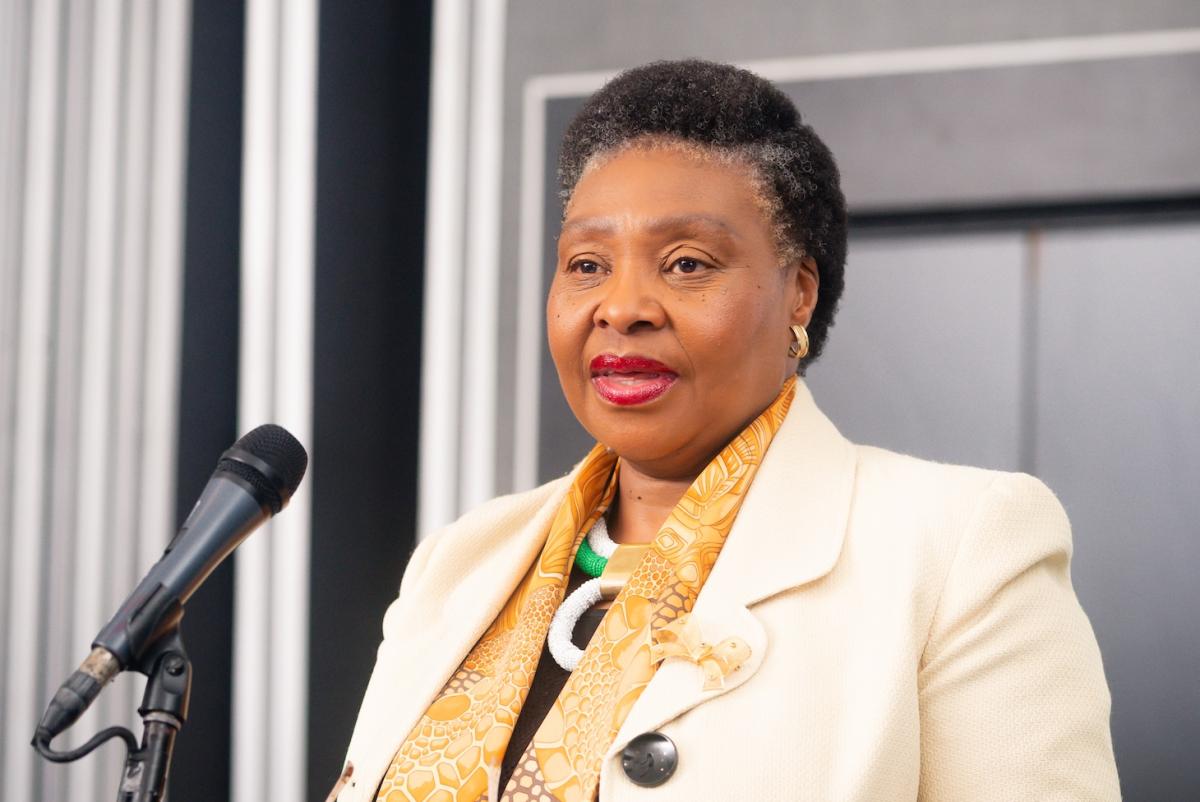
The GA welcomed 1020 Cartel’s Sjava and Nothando Migogo for a special discussion on the live music sector in Africa. Sjava and Nothando detailed why artistic agency and autonomy is important. This has been the driving force of Sjava’s successful touring in South Africa. Furthermore, they spoke to the difficulties faced by rising costs for touring artists.
Creators, industry leaders, and experts participated in a series of panels at the GA. Africa was in the spotlight. The panel on African Music Industry, Infrastructure and Markets underscored the need for stronger collective management, regional cooperation (i.e., through dedicated hubs), and creator education. A panel examined broadcasting on the continent, detailing issues of disparities and unpaid royalties while urging cross-border joint strategies, including among CMOs, to fortify negotiating power with broadcasters such as Canal+ and Trace.
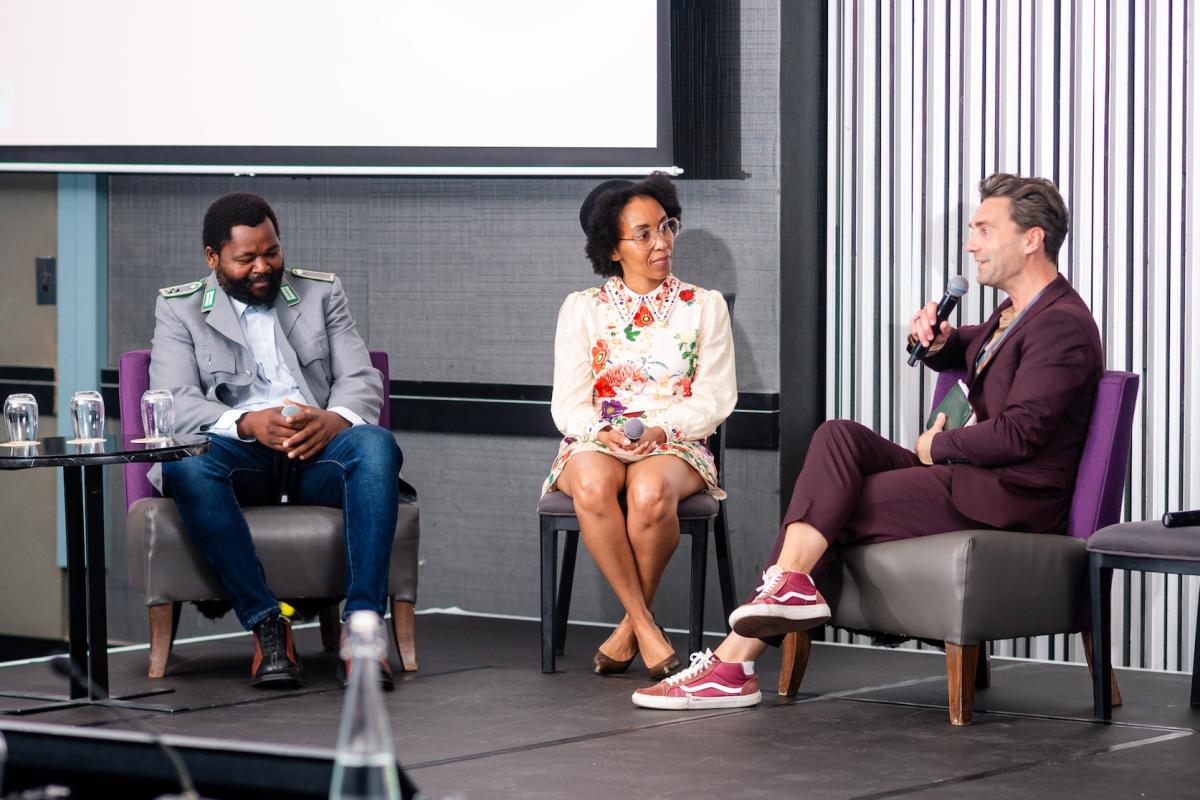
Panellists gave their insights into AI and digitalisation for Africa. A common thread with the global conversation continues to be the need for fair remuneration, credit for creative works, and transparency. The need for ethical frameworks to ensure human creators are not replaced by AI was emphasized as well as protections for cultural diversity, especially in Africa.
The alliances of CIAM, including AMA, ALCAM, ECSA and MCNA, shared their experiences of what works best in their regions. The alliances build awareness, educate generations through training, lobby governments to improve legislation, and advocate to protect the rights of music creators.
A streaming and glocalisation panel drew attention to disparities across the industry, despite barriers being reduced in discovering and listening to music across the world. Even though streaming has redefined the geography of music, songwriters are still having a difficult time earning fair remuneration from streaming platforms. The split between master and copyright remunerations remains unbalanced. It continues to be difficult to obtain fair compensation due to a lack of much-needed transparency in data.
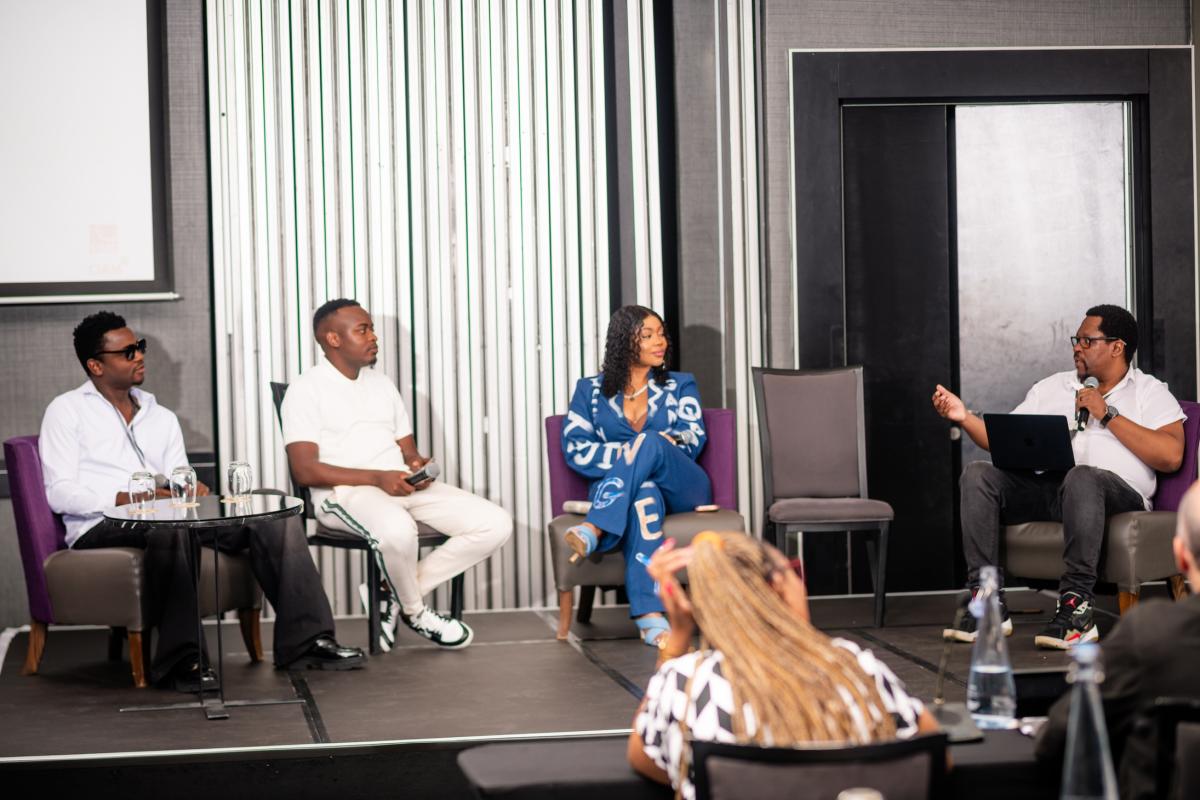
Creators from across Zambia (Cleo Ice Queen), Malawi (LuLu) and South Africa (Hitboss SA) gave their expertise on the daily realities they face in a dedicated panel on their perspective. These include live performance economics, management challenges, brand partnerships, and digital income. Inequality between international music creators and local artists thrives, leading to different technical standards, support, and fees for performing. For artists, the situation can be improved through creator unions and collective structures in addition to better cross-border mobility to fight visa restrictions among countries.
The final GA panel was a discussion and presentation of songs created during a special SongHub session organised by CAPASSO, SAMRO, APRA AMCOS and AMA. Creators learned more about song splits, registering works, and metadata while collaborating across cultures together.
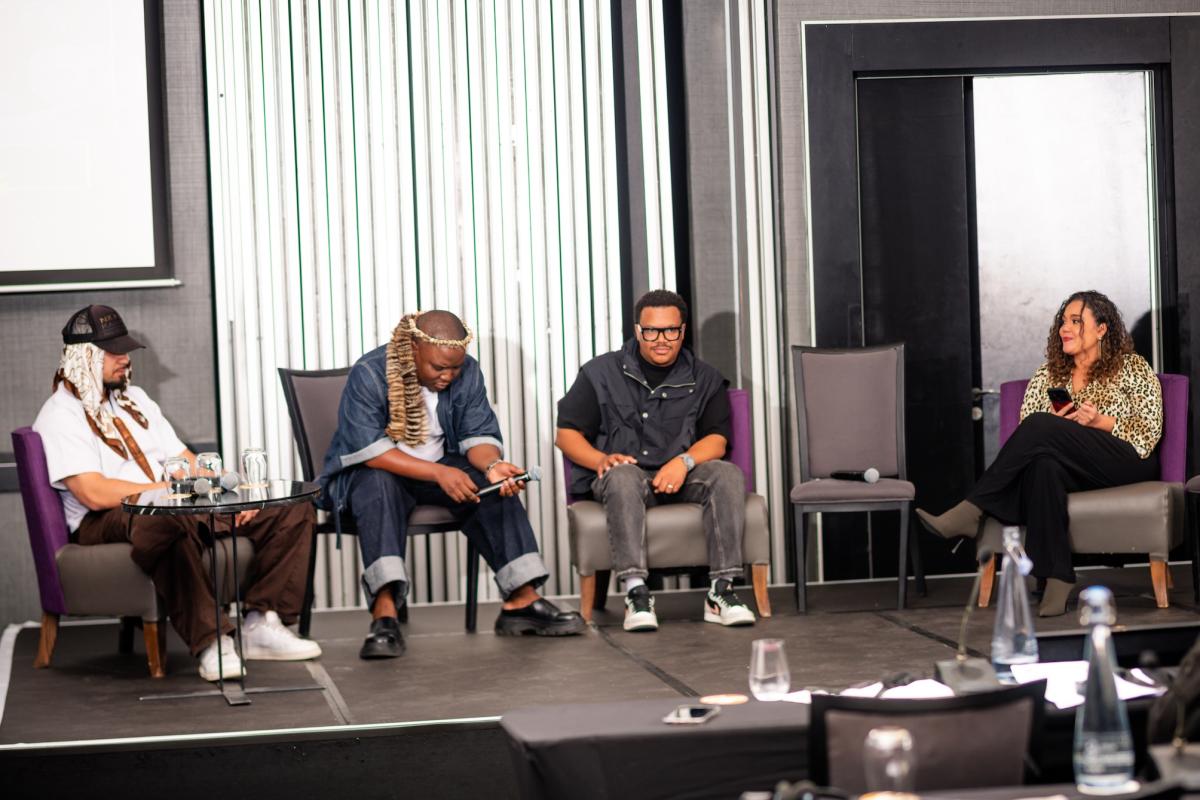
In a dedicated presentation, CIAM Vice President and CLIP Champion Solange Cesarovna shared the WIPO for Creators platform Creators Learn Intellectual Property (CLIP). The platform is an educational initiative to bestow knowledge to songwriters and composers about practical aspects of their rights, metadata, and contracts to make informed decisions.
Two awards ceremonies took place to honour music creators and professionals for their contributions: the African Music Academy Awards and the Fair Trade Music International Awards.
Wally Badarou presented AMA Awards to laureates Siphokazi (South Africa) and Lulu (Malawi), having been chosen by their peers to represent their countries.
The 2025 Fair Trade Music International Awards were presented to Yvonne Chaka Chaka and Myung Sun Yoon for outstanding contributions to the causes of music creators around the world. Yvonne has a storied career spanning generations and geographies as the “Princess of the World” according to Eddie Schwartz. Myung Sun Yoon has shown how creators are crucial to the development of collective management through his actions growing KOMCA into one of the most important societies in the world.
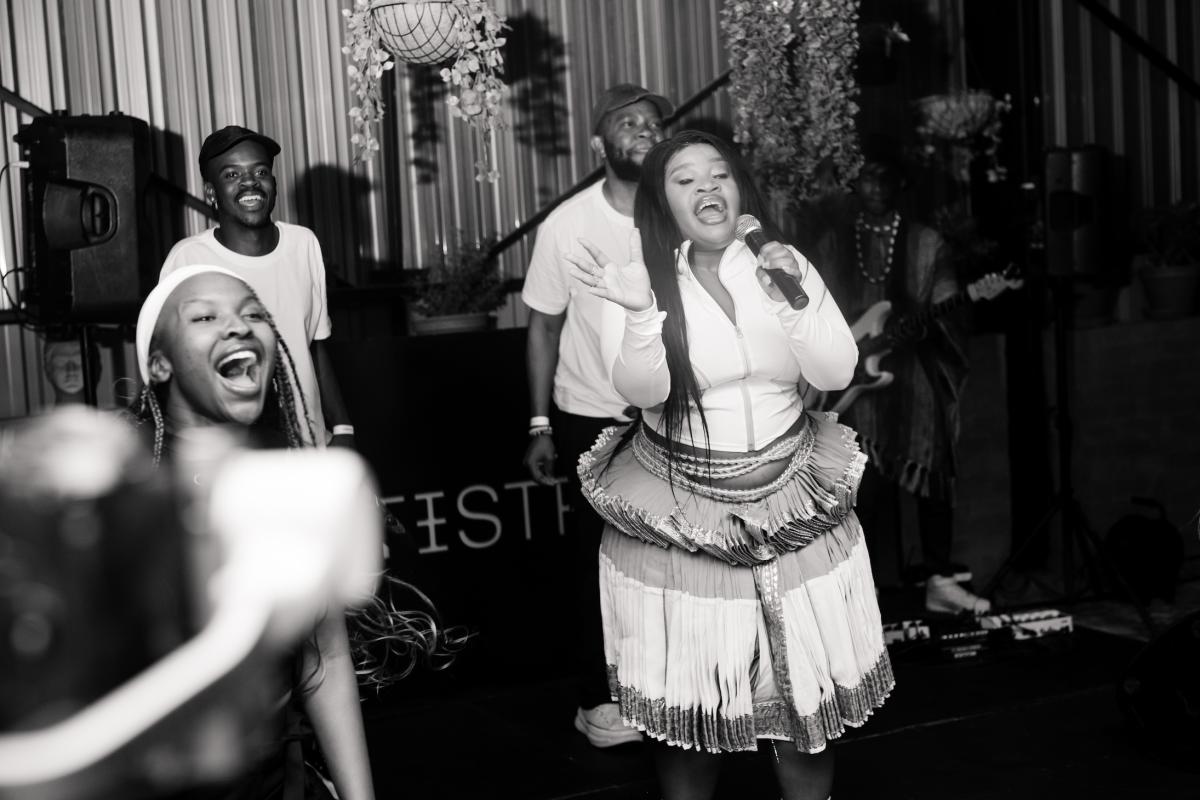
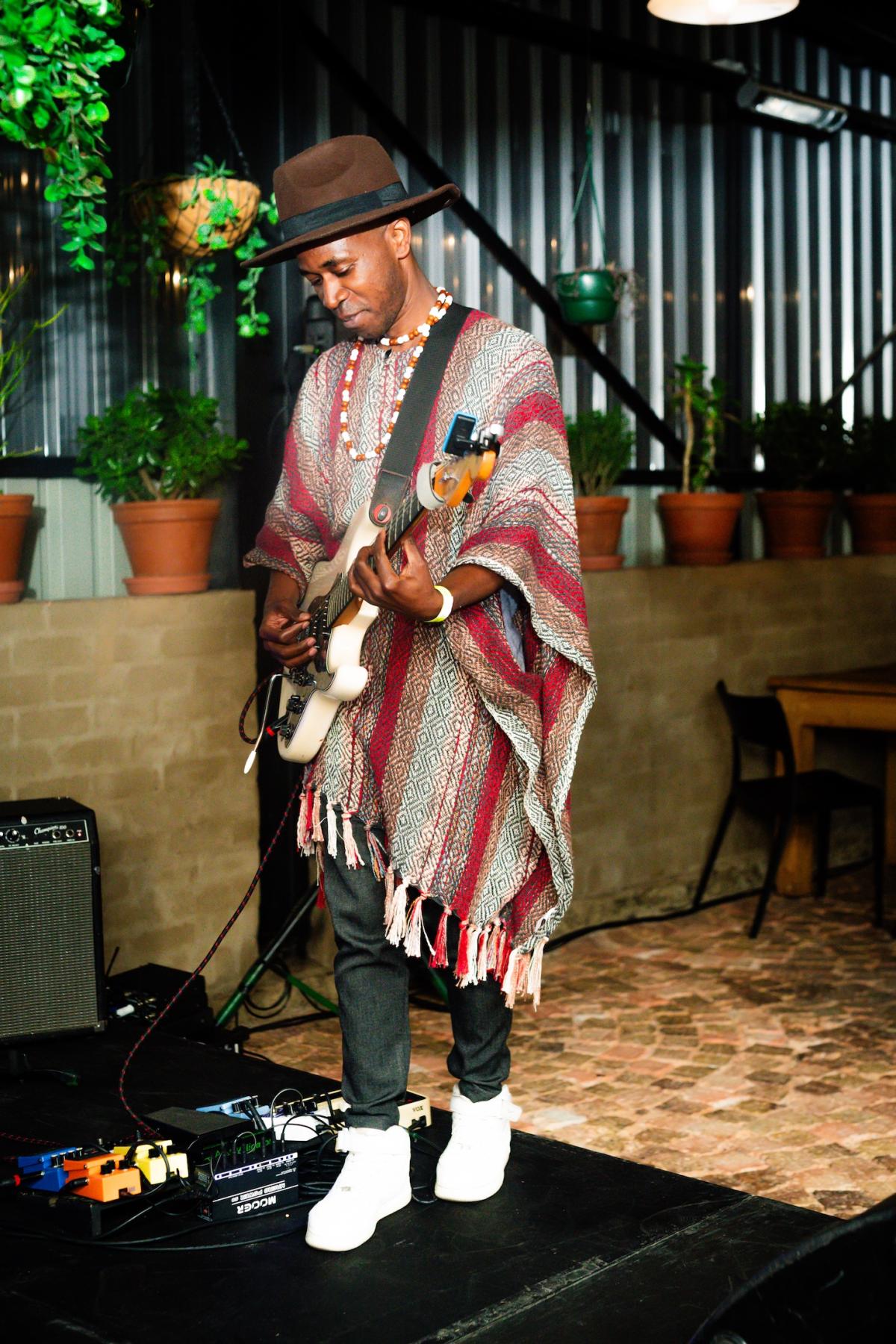
Following the GA, CIAM President Arriën Molema was joined by ExCo Member and GEMA Chair Dr Ralf Wiegand to participate in the first workshop on AI in South Africa. CIAM detailed the impact of AI on creators as well as GEMA's views regarding AI, copyright, and their litigation against tech giants. The conference was hosted by the Academy of Sound Engineering in partnership with CAPASSO.
